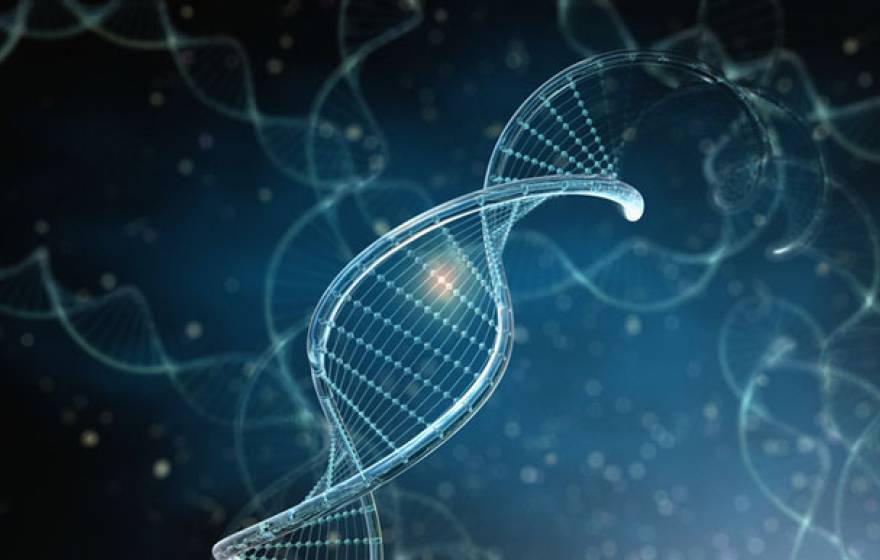A new study suggests changes in two brain regions could be responsible for attitudes related to risk.
Dressmakers found to have needle-sharp 3-D vision
The stereoscopic vision of seamstresses is superior to that of surgeons, researchers find.
UCLA doctors use magnetic stimulation to ‘rewire’ the brain for people with depression
FDA-approved therapy appears to be effective for some whose condition isn’t improved with medication.
How reading makes us move
A new study shows how our muscles react as we process written language, an advance in the field of embodied cognition.
Science shows for the first time how puberty makes learning harder
Parents who think a switch is flipped: read this.
Century-old drug could provide new approach to autism
A single dose produced groundbreaking improvements in language and social behavior, giving hope to families.
How to beat jet lag (according to science)
Setting off? Don't forget to pack this advice.
New study shows how the brain encodes fear
Research could eventually help sufferers of post-traumatic stress disorder.
Why you shouldn't get mom roses this year
In a cruel twist, pesticide-infused Mother’s Day bouquets exported from Ecuador are shown to harm children.
First clear-cut risk genes for Tourette syndrome revealed
Results point to a 'bright future' for understanding the disorder.
The hormone oxytocin is being tested for treatment of PTSD and alcohol abuse
Military personnel, who suffer these afflictions at a greater rate, may finally get some relief.
Robots help stroke victims rehab
Patients regain motor control through technology developed by an engineering grad student.











